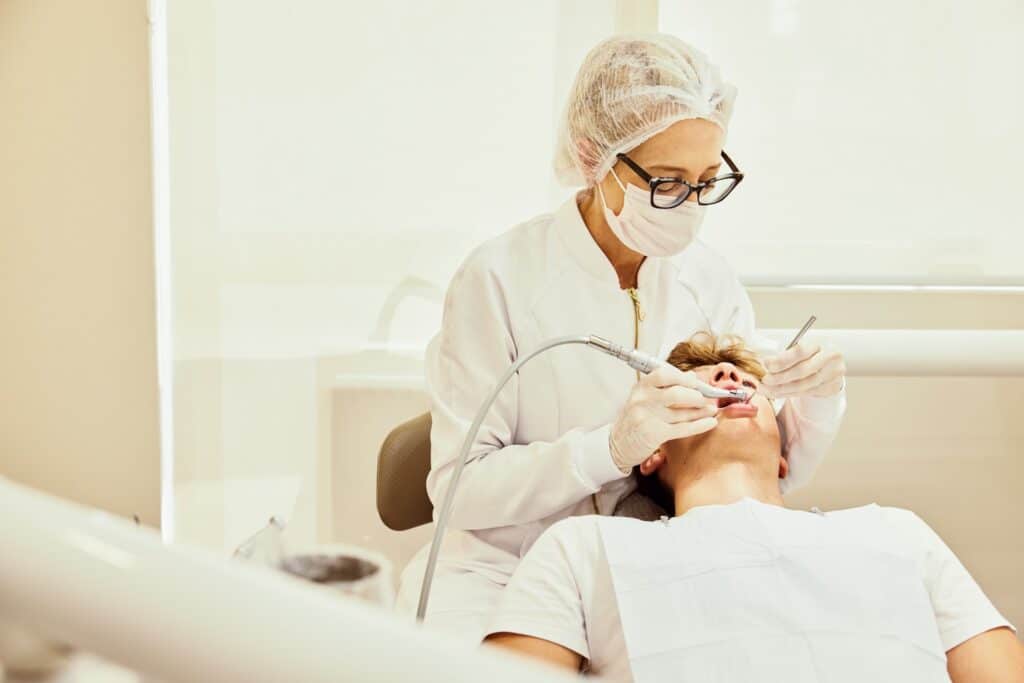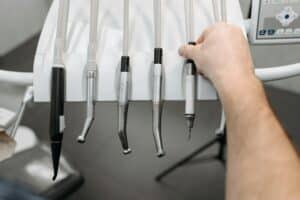When it comes to oral health, sometimes taking care of your teeth requires more than just brushing and flossing. For many, this can mean a trip to the dentist for a tooth extraction. Though the thought of losing a tooth might sound daunting, it is often an important step in maintaining a healthy smile. Whether it’s due to severe decay, infection, or simply making room for other teeth, understanding the process can ease your mind and help you prepare for what comes next.
Tooth extractions are more common than you might think, and they’re usually performed to protect your overall dental health. The procedure is a routine one, aimed at preventing further complications that could arise from leaving a problematic tooth in place. By learning about the reasons for extractions and what the process involves, you can feel more confident and informed when facing this part of your dental journey.
Why You Might Need a Tooth Extraction
Teeth are resilient, but sometimes they encounter issues that necessitate removal. Here are a few common reasons why you may find yourself needing a tooth extraction:
– Severe Decay: When a cavity becomes too large to repair with a filling or crown, extraction might be necessary to prevent infection or abscesses.
– Infection: If tooth decay or damage extends to the pulp—the soft tissue inside the tooth—bacteria can enter, leading to infection. In some cases, antibiotics or root canal therapy may not be enough, making extraction the best option.
– Crowding: Sometimes, our mouths don’t have enough space for all our teeth. In cases of overcrowding, removing a tooth can make room for others and improve alignment.
Understanding these reasons highlights how extractions can actually improve your oral health. By removing problematic teeth, you’re taking a proactive step to preserve the health of your other teeth and gums, and to prevent bigger issues from developing in the future. Sometimes, the best way to save your smile is by letting go of what no longer supports it.
What to Expect During a Tooth Extraction
Getting ready for a tooth extraction can bring up a lot of questions and concerns, and knowing what to anticipate can help ease any apprehension. The process starts with a quick examination where the dentist checks the condition of your tooth and surrounding area. They’ll then decide if it’s a simple extraction or if surgery is needed.
– Simple Extraction: This is usually for teeth that are visible in the mouth. The dentist numbs the area with a local anesthetic and uses tools to carefully loosen and remove the tooth.
– Surgical Extraction: This is a bit more involved and might be required for teeth that haven’t fully erupted or are broken at the gum line. It involves making a small incision in the gum, and in some cases, removing bone or cutting the tooth into pieces before extraction.
During the procedure, the goal is to ensure you’re pain-free and comfortable. Many dental practices offer sedation options, so you may feel relaxed or drowsy during the extraction and remember little about the process afterward. It’s common for people to prefer a bit of extra help in calming nerves, and sedation makes it a hassle-free experience.
Aftercare and Recovery Tips
Successful recovery after a tooth extraction involves taking several steps to promote healing and prevent complications. Immediately after the procedure, your dentist will provide crucial actions and instructions to help you get started.
1. Rest and Recovery: Allow yourself plenty of time to rest. Strenuous activities can increase bleeding and delay healing, so take it easy for at least 24 hours.
2. Pain and Swelling Management: Use an ice pack on your cheek for the first 24 hours to reduce swelling. Over-the-counter pain relief is often enough to manage any discomfort.
3. Eating and Drinking: Stick to soft foods and avoid hot, spicy, or crunchy items for a few days. Don’t use a straw, as sucking can dislodge the blood clot and cause a painful condition called dry socket.
4. Oral Hygiene: Keep your mouth clean but be gentle around the extraction site. Rinse with warm salt water a few times a day after the first 24 hours.
5. Avoid Harmful Habits: Smoking or using tobacco products can greatly slow the healing process and increase the risk of complications.
By following these guidelines, most people find their recovery smooth and manageable. It’s normal to feel hesitant before a procedure, but knowing how to care for yourself afterward plays a big part in maintaining your smile’s health.
Keeping Your Smile Healthy After Extraction
Once you’ve moved past the recovery stage, keeping your smile healthy takes some ongoing effort. Good oral hygiene practices can make a significant difference. Regular brushing and flossing, along with routine dental check-ups, will help prevent further issues.
If you’ve had a tooth removed, discussing replacement options like implants or bridges with your dentist is a good next step. These can help fill gaps and prevent your other teeth from shifting, which keeps your bite aligned and your smile looking its best.
Remember, understanding your dental needs and working with professionals who provide gentle, compassionate care leads to a brighter, healthier future for your teeth. Overall, staying informed and proactive about your oral health is key to enjoying a confident smile for years.
If you’re looking to ensure a smooth and confident experience, consider reaching out to Pickering Dental Services for your tooth extraction needs. They offer compassionate care and professional expertise to guide you through every step of the process. To find out more about what to expect and how they can assist with everything from simple to surgical procedures, explore more about Pickering dental extraction. Your oral health deserves the best attention and care.



